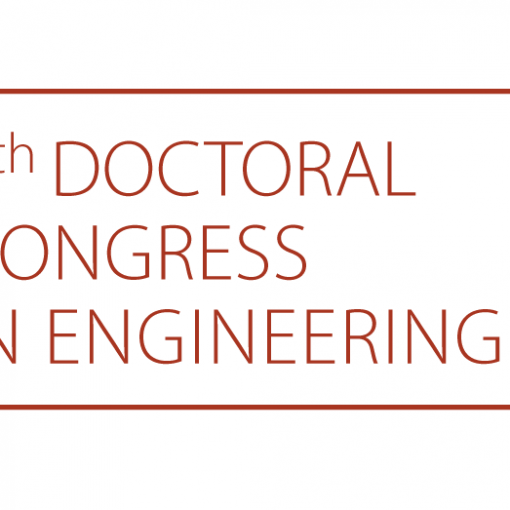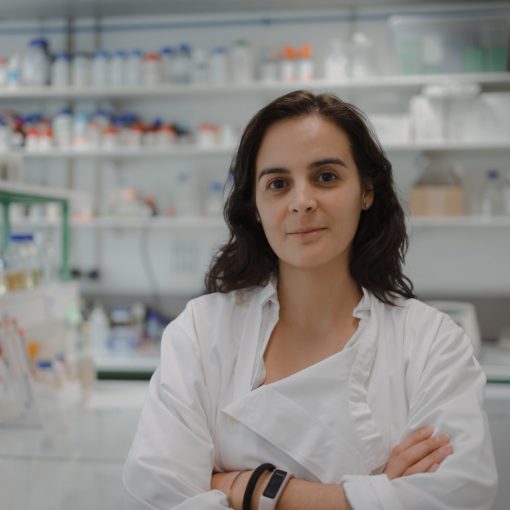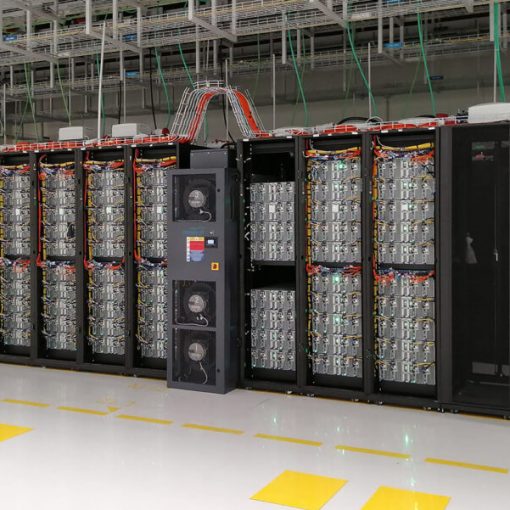Is it possible to innovate even further with a non-alcoholic beer? Researchers from EEUM’s Centre of Biological Engineering in partnership with the Super Bock Group and the Faculty of Sciences of the University of Porto have proved that it is. This partnership is at the origin of the search for a recipe (formulation) that could add value to the market for this drink, making it possible to create low-alcohol or even non-alcoholic beers, produced through biological processes, but which meet consumer habits and are attractive in terms of aroma and taste.
The demand for low-alcohol and non-alcoholic beverages, particularly beers, has increased considerably, but the challenge still remains to achieve a final product that captivates beer drinkers, either because of the similarity in aroma and taste to current beers, or because it introduces different and innovative aromas and tastes to traditional beers. Responding to this growing trend is therefore an imperative for the sector, which shows the impact that this work by researchers from CEB and FCUP, in collaboration with the Super Bock Group, could have on the beer market.
To arrive at this final result, new approaches to producing this drink were studied and tested in an attempt to overcome the limitations currently faced, the most critical of which, as already mentioned, is the difference in aroma and flavour compared to traditional beer. Through the use of unconventional yeasts, which come from beer, wine must or even soils, in conjunction with an innovative continuous fermentation process, it was possible to obtain a prototype formulation which, although it still needs to be optimised and tested with consumers, has characteristics that correspond to the demands of the market: a beer with little alcohol, but similar to those with a higher alcohol content.
An experimental methodology developed by the FCUP research group was also applied. This made it possible, for the first time, to use a complete and realistic in vitro approach that highlighted the best yeasts for producing non-alcoholic beer.
In this way, it was possible to reduce the time taken for the fermentation process, reduce the space used for production and increase productivity, as well as developing a prototype product that could give rise to a non-alcoholic beer that has an attractive flavour and aroma for conventional beer drinkers.
More information here



